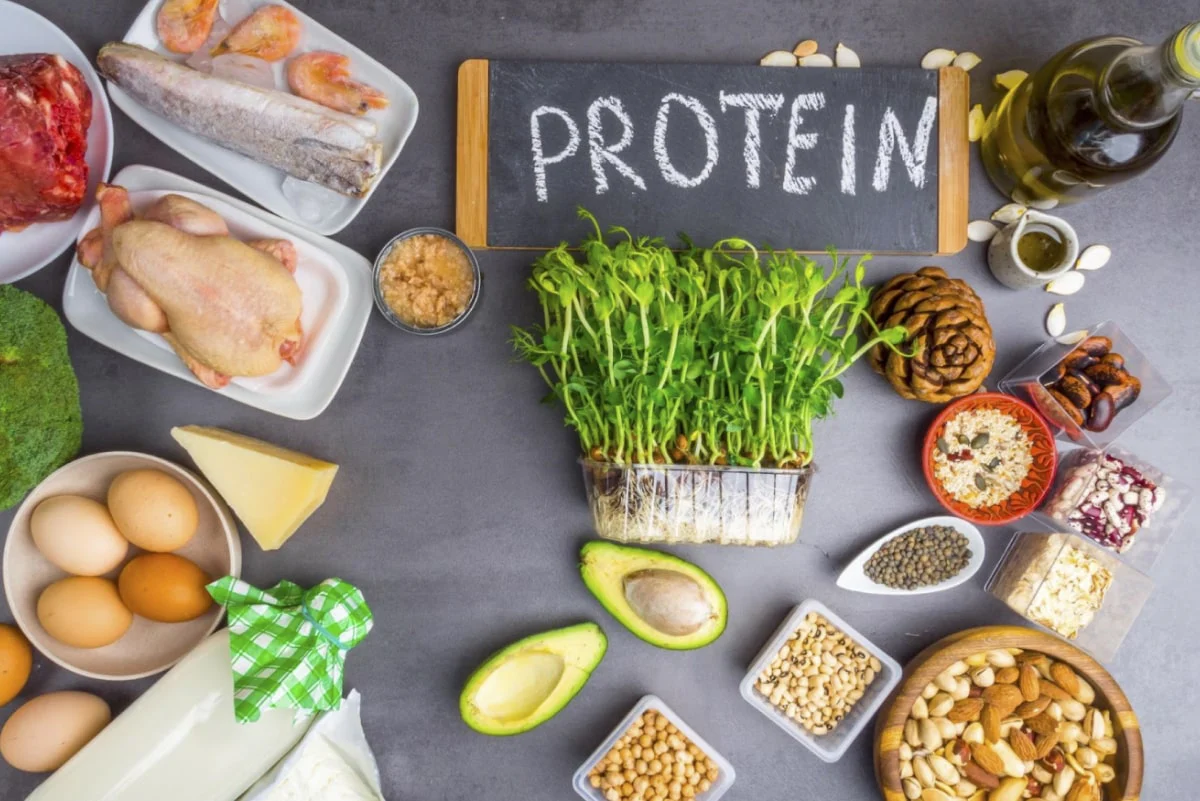The protein debate has reached a fever pitch in recent years, with passionate advocates on both sides of the plant-based versus animal-based divide. As more people become conscious of their health, environmental impact, and ethical choices, the question of which protein source is superior has become increasingly complex and nuanced.
Protein serves as the fundamental building block of life, playing crucial roles in muscle development, immune function, hormone production, and cellular repair. With adults requiring approximately 0.8 to 0.9 grams of protein per kilogram of body weight daily, the source of this essential macronutrient can significantly impact health outcomes.
The traditional Western diet has long relied heavily on animal proteins, but emerging research suggests that plant-based alternatives may offer compelling advantages that extend far beyond basic nutritional requirements. The stakes of this nutritional choice extend beyond personal health.
Animal agriculture contributes significantly to greenhouse gas emissions, making protein selection an environmental consideration as well. Meanwhile, the accessibility and affordability of different protein sources create socioeconomic implications that affect dietary choices across diverse populations.
Understanding the fundamental differences between plant and animal proteins requires examining their amino acid profiles, bioavailability, associated nutrients, and long-term health effects. This comprehensive analysis will explore the scientific evidence behind both protein sources, helping you make informed decisions that align with your health goals, lifestyle preferences, and values.
Whether you’re an athlete seeking optimal performance, someone managing chronic health conditions, or simply curious about optimizing your nutrition, this comparison will provide the clarity needed to navigate the complex world of protein choices.
Amino Acid Profiles: The Complete vs. Incomplete Debate

The most fundamental difference between plant and animal proteins lies in their amino acid composition. Animal proteins are considered “complete proteins” because they contain all nine essential amino acids that the human body cannot produce independently. These essential amino acids include histidine, isoleucine, leucine, lysine, methionine, phenylalanine, threonine, tryptophan, and valine.
Most plant proteins are classified as “incomplete proteins” because they lack one or more essential amino acids. For example, grains and legumes are typically deficient in lysine, while fruits and vegetables often lack methionine. This deficiency has traditionally been viewed as a significant limitation of plant-based diets.
However, nutritional science has evolved to show that eating a variety of plant-based proteins throughout the day can provide all essential amino acids. The concept of “protein combining” – eating complementary proteins at the same meal – has been largely debunked, as the body maintains an amino acid pool that can be drawn upon as needed. Soy stands out as a notable exception among plant proteins, containing all nine essential amino acids and qualifying as a complete protein.
Bioavailability and Protein Quality
Animal Protein Advantages
Animal proteins generally offer superior bioavailability and protein density compared to plant sources. This means you receive more usable protein per calorie consumed, making animal proteins more efficient for meeting daily protein requirements. The digestibility of animal proteins is typically higher, with fewer anti-nutritional factors that can interfere with absorption.
Animal proteins also provide heme iron, which is more readily absorbed by the body compared to the non-heme iron found in plant sources. This enhanced iron absorption can be particularly beneficial for individuals at risk of iron deficiency, including menstruating women and growing children.
Plant Protein Considerations
Plant-based proteins often contain anti-nutritional factors such as phytates and protease inhibitors, which can reduce protein absorption and bioavailability. This means that individuals relying solely on plant proteins may need to consume larger quantities to meet their protein requirements effectively.
However, plant proteins come packaged with additional beneficial compounds, including fiber, antioxidants, vitamins, and minerals that contribute to health. The fiber content in plant proteins promotes satiety and supports digestive health, potentially offering advantages for weight management and gut microbiome diversity.
Health Implications and Disease Risk

Cardiovascular Health
Research consistently demonstrates that plant-based diets are associated with reduced risk of heart disease, high blood pressure, and high cholesterol. The American Heart Association reports that reducing meat consumption decreases cardiovascular disease risk, primarily due to lower saturated fat intake and reduced inflammation.
Animal proteins, particularly red and processed meats, are associated with increased inflammation caused by saturated fat content. This chronic inflammation has been linked to various serious conditions, including diabetes, cardiovascular disease, and arthritis.
Cancer Risk and IGF-1
Animal protein consumption appears to trigger the release of insulin-like growth factor 1 (IGF-1), a hormone that promotes cell growth and division. While necessary during childhood development, elevated IGF-1 levels in adulthood are associated with increased cancer risk. Studies show that reducing animal protein intake for just 11 days can decrease IGF-1 levels by 20 percent.
Plant-based diets have been associated with reduced risk of various cancers, including colorectal, stomach, pancreatic, and prostate cancers. The antioxidants and phytochemicals found in plant foods may contribute to these protective effects.
Kidney Function
Harvard University research following thousands of women over more than a decade found that animal protein, animal fat, and cholesterol were associated with declining kidney function. High animal protein intake may induce hyperfiltration, dramatically increasing the kidneys’ workload within hours of consumption. In contrast, equivalent amounts of plant protein cause virtually no such stress on the kidneys.
Longevity and Health
Studies have linked plant-based diets with healthy weight maintenance, lower risk of type 2 diabetes, and increased longevity. The combination of fiber, antioxidants, and reduced inflammatory compounds in plant-based diets appears to support health and disease prevention.
Nutritional Considerations and Potential Deficiencies
Plant-Based Diet Concerns
Individuals following plant-based diets must pay attention to several key nutrients that are more readily available in animal products. Vitamin B12 is perhaps the most critical concern, as it’s primarily found in animal products. Nutritional yeast and fortified foods can help address this deficiency.
Other nutrients requiring attention include zinc, calcium, vitamin D, and iron. However, these can be obtained through careful food selection, including fortified plant milks, whole grains, beans, and dark leafy greens.
Animal Protein Concerns
While animal proteins provide complete amino acids and readily absorbed nutrients, they also come with potential drawbacks. High consumption of red and processed meats has been linked to increased mortality risk, with each additional daily serving of unprocessed red meat increasing death risk by 13 percent.
The cost factor also makes animal proteins less accessible to lower-income families compared to plant-based alternatives.
Environmental and Sustainability Factors

The environmental impact of protein choices has become increasingly important in dietary decision-making. Cattle rearing is a primary agricultural contributor to greenhouse gas emissions globally. Plant-based proteins generally require fewer resources, including water and land, while producing significantly lower greenhouse gas emissions.
This environmental consideration adds another dimension to the protein debate, as individual dietary choices collectively impact global sustainability and climate change.
Making the Right Choice for You
The question of whether plant-based or animal-based proteins are “better” doesn’t have a universal answer. The optimal choice depends on individual health goals, dietary preferences, access to diverse food sources, and personal values regarding environmental and ethical considerations.
For optimal health outcomes, many nutrition experts recommend a balanced approach that includes both high-quality plant and animal proteins while minimizing processed foods from both categories. Those choosing predominantly plant-based diets can absolutely meet their nutritional needs with proper planning and variety.
The key lies in making informed choices based on scientific evidence rather than dietary dogma, ensuring adequate nutrition while aligning with personal health goals and values.

